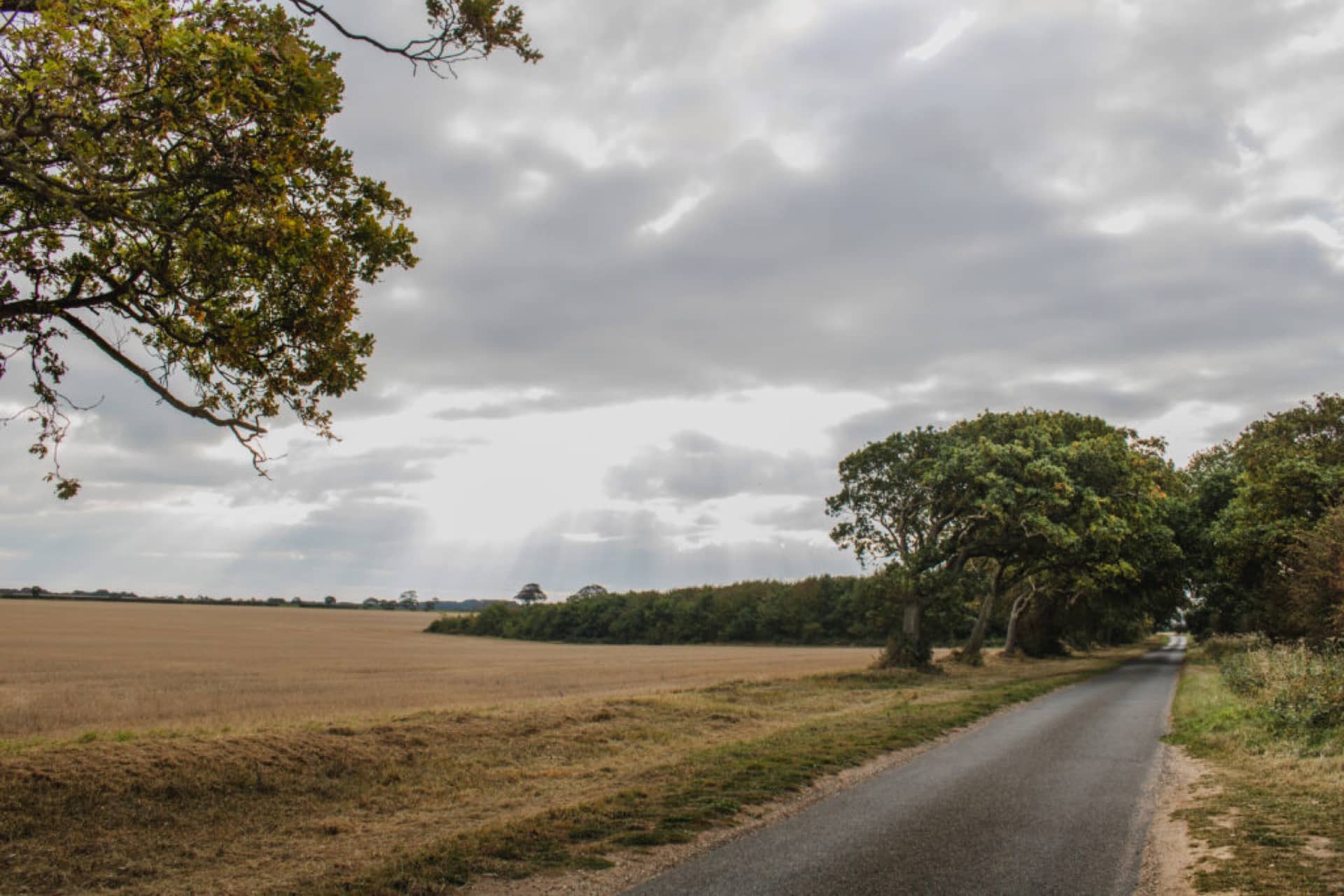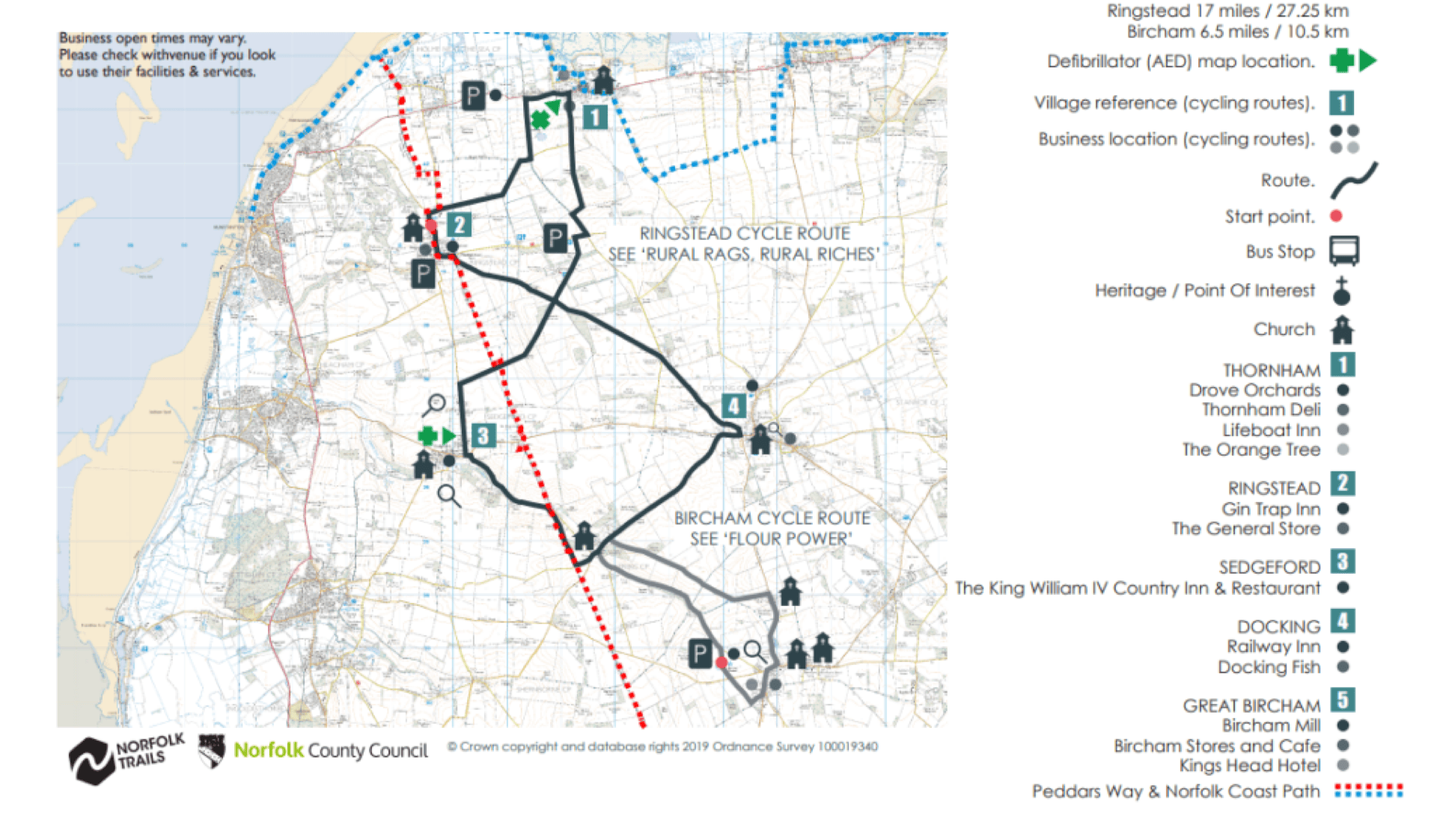Throughout history West Norfolk has been home to both princes and paupers.
The discovery of gold coin hoards from around the 1st century BC suggest wealthy Iron Age settlements, one near Fring, at the site of an extravagant Roman villa, and another at Sedgeford, cunningly stowed inside a cow bone.
However, nostalgia for a bygone rural idyll is misplaced. For most people, everyday reality was harsh and the winter months were especially hard for agricultural workers reliant on seasonal employment.
In 1834 the government’s New Poor Law made it illegal for able-bodied people to get help unless they entered a parish workhouse or ‘poorhouse’. The conditions in these forbidding institutions were intentionally horrendous. The children of society’s most vulnerable families were separated from their parents and beatings, malnutrition and forced child labour the norm. Social reformers like Charles Dickens, appalled by the cruelty, pricked social consciences by exposing the grim truth through fictional characters like orphaned Oliver Twist.
Workhouses appeared across the country and Docking’s was one of the largest in Norfolk. Built in 1835-1836 it was intended to house around 450 ‘inmates’, though numbers rarely exceeded 100. The old workhouse still stands on Heacham Road, west of Docking, a cream coloured building, slightly off the main route (PE31 8PW). The accompanying orphanage is now a private house, Lyde Cottage, on Fakenham Road. This cycling route takes you through quiet lanes imbued with a poignant and gripping social history.


